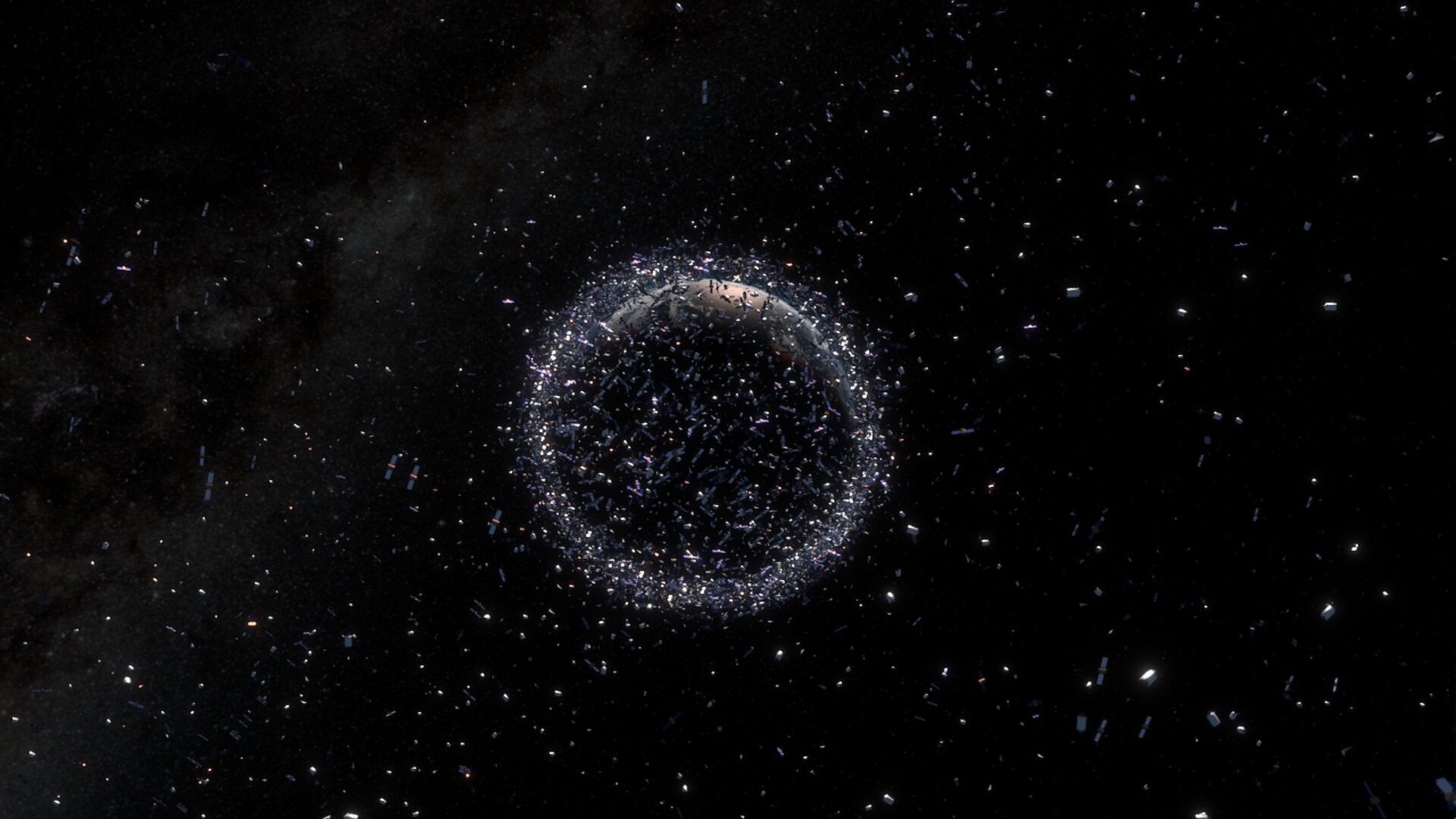US launches major new plan to stop disastrous debris in space
‘The growing challenge of orbital debris poses a significant risk to our nation’s space ambitions”, the FCC said

The FCC has drafted a new order that would shorten the amount of time it takes for operators of low-Earth satellites to deorbit their craft.
The agency’s proposal would set a “five-year rule” that would require operators to “complete disposal as soon as practicable” after the mission has been completed.
The order would mean that any satellite in low-Earth orbit – which is defined as below a 2,000-kilometre altitude – would need to re-enter the Earth’s atmosphere so that it does not exacerbate the problem of space debris.
The rule would apply to satellites launched two years after the order is ratified and would include both US satellites and foreign satellites operating in the country’s markets.
There are more than 4,800 satellites currently operating in orbit as of the end of last year, snf the number of active and defunct satellites could grow to as many as 100,000 satellites before 2030. Right now, there are approximately 228 million pieces of space debris around the globe.
“It is widely recognized that the growing challenge of orbital debris poses a significant risk to our nation’s space ambitions”, the FCC said in its draft.
While some believe that this reduction will be beneficial, others are more critical. Currently, guidelines for mitigating orbital debris from the Inter-Agency Space Debris Coordination Committee, recommend that satellites in low Earth orbit be deorbited no more than 25 years after their mission is completed. “I personally believe this is too long,” Jan Woerner, director general of the European Space Agency, said in 2020.
However, J.-C. Liou, chief scientist for Nasa’s Orbital Debris Program Office, said that the 25-year rule “is still a good cost-benefit way for reducing debris,” and that a five-year deorbiting rule only slightly reduces growth in space debris by 100 per cent over 200 years. “It’s not a very statistically meaningful benefit,” he added.
Some experts are extremely sceptical that the issue of space debris will be properly addressed before a calamity occurs – with others seeing it as a necessity to focus concern.
“It requires negotiation. It requires a few more disasters. There have already been disasters to some degree. There haven’t been enough”, Princeton astrophysicist Adam Burrows told The Independent, adding that it was “too late” to keep low-Earth orbit a “pristine environment”, and likely too late for the Moon, but not too late to protect Mars.
Join our commenting forum
Join thought-provoking conversations, follow other Independent readers and see their replies
Comments


Bookmark popover
Removed from bookmarks